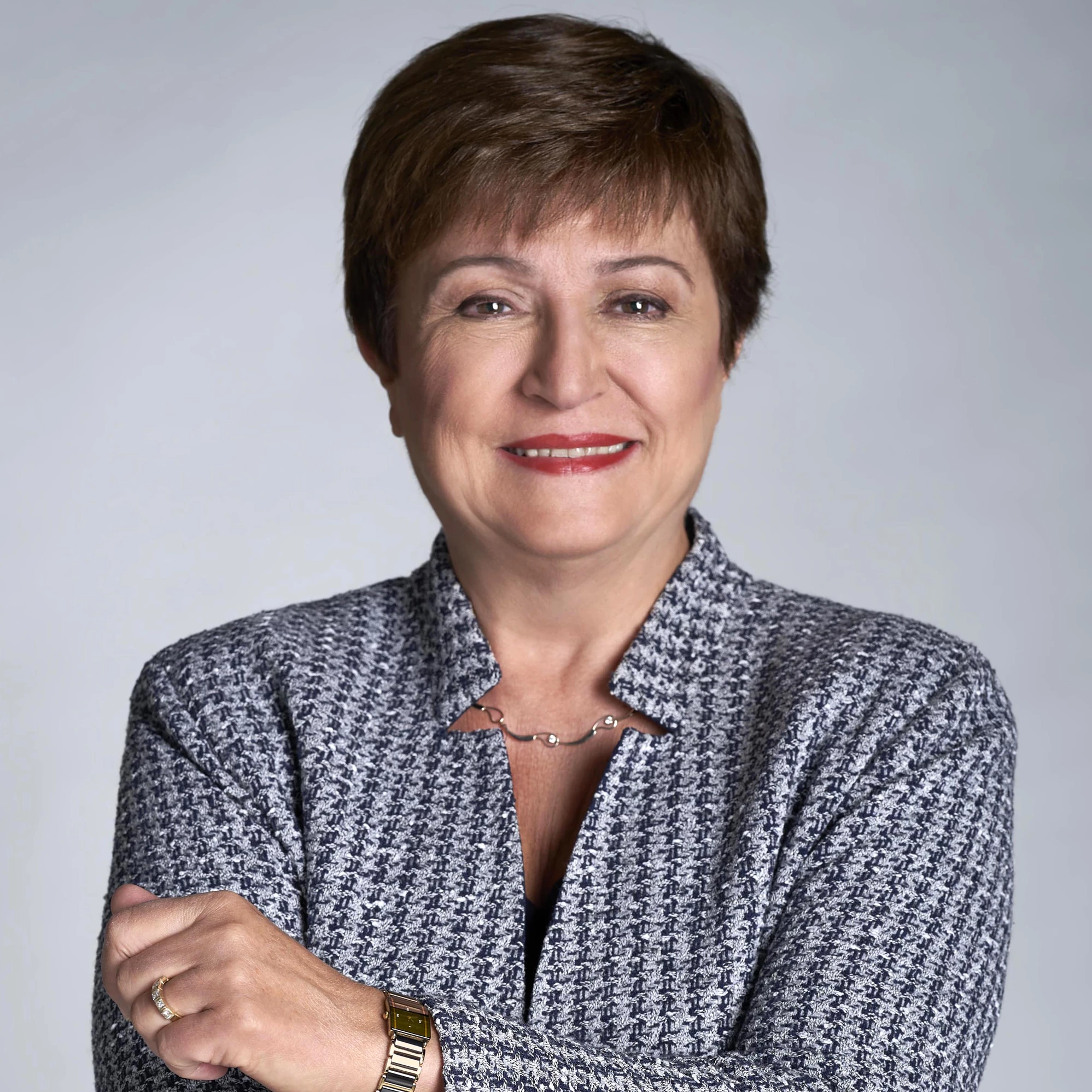
Last week on World Population Day, I was thinking of the joy of children and the right of women to decide when to have them. It matters to women, but it matters to society as a whole. There can be no sustainable development without women’s empowerment, and there can be no women’s empowerment without access to comprehensive maternal and reproductive health services. Family planning is part of them.
At the London Family Planning Summit, more than 60 partners came together and pledged over $2 billion to ensure that 120 million more women and girls get access to voluntary family planning services by 2020. It is the right thing to do, and it is also the smart thing to do. The economy of the future demands women’s full participation. Deciding whether, when and how many children to have is one of the most basic decisions a woman can make, and it determines how effectively she can participate in the economic life of her society. One study in Bangladesh found that communities with access to family planning had 30% lower child mortality, 40% higher wages among women and 25% more physical assets per adult than communities that did not.
Despite the need and the fact that it makes economic sense to invest in family planning, public-sector investment in family planning in lower middle income countries amounts to just 17%. Fifty-four percent of the cost of contraceptives is paid out-of-pocket by users, which means women are paying for their own care. Development partners, who have not made sustained commitments to this issue, also bear responsibility for a large and growing financing gap. This is unacceptable and unsustainable.
This is why I was especially pleased to hear not just Ministers of Health but also Ministers of Finance from Nigeria, Pakistan, Afghanistan, Sierra Leone, Malawi, Uganda, and Bangladesh agreeing that family planning is crucial for the long-term success of their economies and societies. Family planning by any measure is a ‘best buy’ in development.
The World Bank has been investing in family planning as part of comprehensive reproductive and maternal health services for decades. In the last IDA cycle, the Bank’s arm to help the poorest countries, we have invested nearly $1 billion in reproductive and maternal health and $4 billion to strengthen health systems essential for delivering all priority services, including family planning. A regional initiative we launched in 2015 called SWEDD, working with UNFPA in the six countries of the Sahel region in Africa, includes reproductive health and nutrition services, education and skills for girls, strong safety nets, community-based behavior change interventions, and high level advocacy.
Since 2015, we have also stewarded the creation of the Global Financing Facility (GFF), housed at the Bank, which is the main financing arm of the UN Secretary General’s Every Woman Every Child initiative to reach the global SDG goals on maternal, newborn and child health and family planning. The GFF relies on country-created investment cases to cohesively pull in funding from domestic resources, development partners and the private sector. Each dollar from the GFF Trust Fund is catalytic, linking to $4 in IDA concessional financing.
The successful model of the GFF, as well as the scale of IDA 18, offers us all a major opportunity now to make good on the promise of sustainable financing for women and children’s health. This is especially true in countries with the highest need, and in fragile and conflict-affected areas, where women and girls face even higher barriers trying to access basic health services. I came away from London convinced that now is the time to combine ambition with innovation and scale on this issue.


Join the Conversation